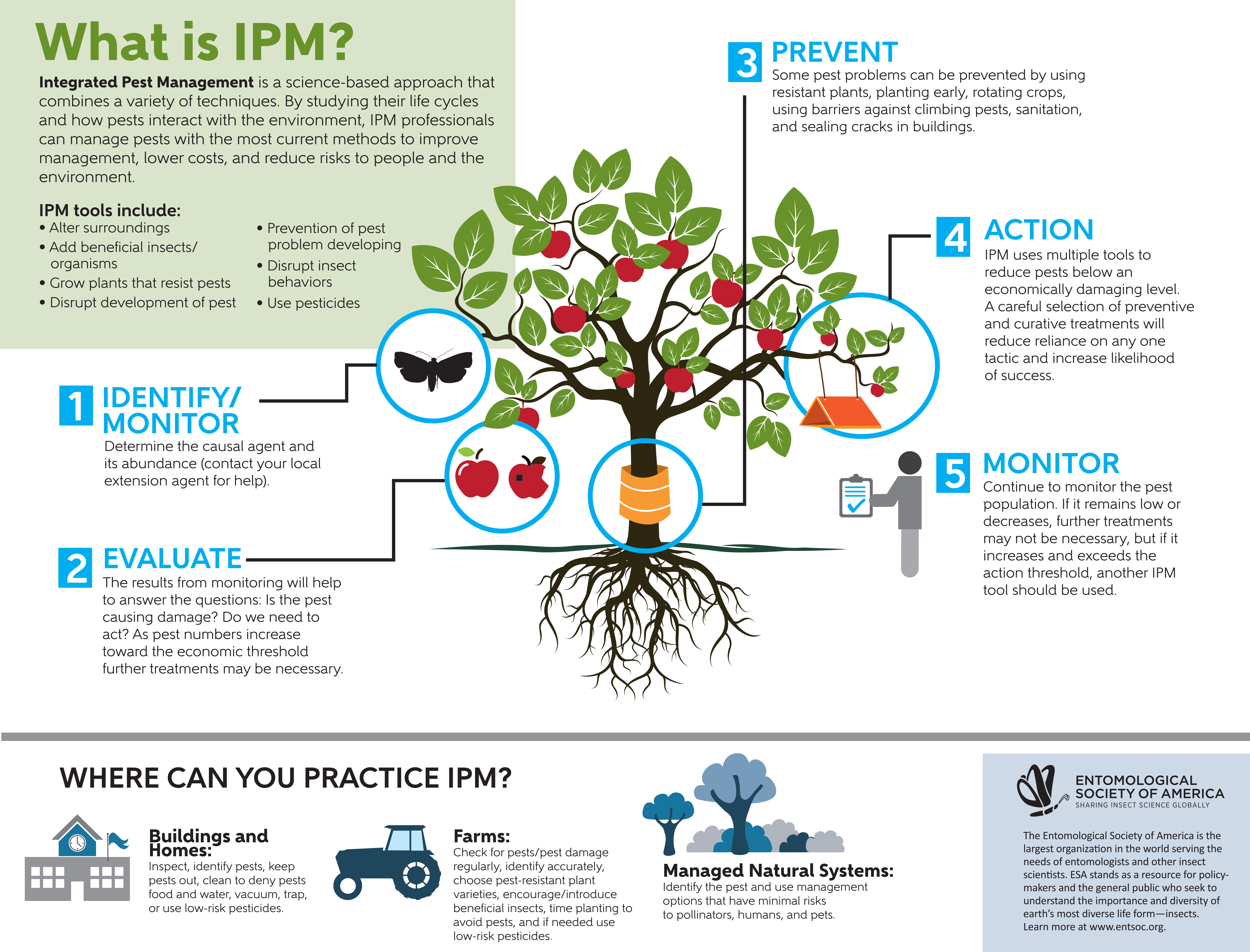Insights From Experts On Rodent Habits For Effective Insect Control
Insights From Experts On Rodent Habits For Effective Insect Control
Blog Article
Content Produce By-Craig Holdt
Picture being able to expect the relocations of your challengers in a game of chess, always staying one action ahead.
On the planet of insect control, comprehending rodent behavior is like having that tactical benefit. By gaining specialist understandings into the nesting routines, feeding patterns, and communication and social habits of rats, you can effectively battle these pesky creatures.
Yet how specifically do ant and pest control behave, and why is it crucial to recognize? In this discussion, we will unwind the secrets of rodent behavior, providing you with important understanding that will certainly help you stay ahead in the fight against bugs.
Are you prepared to uncover the tricks of these cunning creatures?
Nesting Habits
To recognize rodent habits and properly control parasites, it is necessary to obtain insight into their nesting behaviors.
Rodents, such as mice and rats, have a natural reaction to find sanctuary and develop nests where they feel risk-free and protected. These nests work as their homes, reproducing grounds, and storage space locations for food. Understanding their nesting practices can assist you recognize potential locations of problem and apply targeted control procedures.
Rats typically choose nesting in dark, private areas, such as attics, basements, crawl spaces, and wall voids. https://fox4kc.com/news/after-local-dog-attacked-kc-pet-project-shares-tips-on-how-to-take-action/ make use of products like shredded paper, material, insulation, and also chewed-up electric cords to construct their nests.
Feeding Patterns
Rats show unique feeding patterns that play a vital duty in their actions and can inform effective insect control methods. Understanding these patterns is necessary for implementing effective pest control measures.
Rodents are opportunistic feeders, indicating they'll eat whatever food is readily offered. They prefer high-calorie foods such as grains, nuts, and seeds. This is why appropriate storage space of food and waste management are crucial in protecting against rodent invasions.
In addition, rodents are nighttime, which suggests they're most energetic during the evening when they search for food. By recognizing their feeding patterns, you can tactically place catches and baits to maximize their performance.
Keeping food resources hard to reach and maintaining a tidy environment can help hinder rats and decrease the danger of invasion.
Communication and Social Actions
Understanding exactly how rodents communicate and interact socially is crucial for effective insect control techniques. Rats, like computer mice and rats, have intricate interaction systems that they utilize to communicate details per other and collaborate their tasks. Right here are 3 essential aspects of rodent communication and social habits:
1. Vocalizations: Rodents create a vast array of vocal noises, consisting of squeaks, chirps, and chattering, to communicate with each other. These vocalizations can communicate various messages, such as danger cautions or mating phone calls.
2. Scent noting: Rodents use scent glands to leave chemical signals on objects and in their environment. These scent marks work as territorial limits and connect details concerning reproductive condition, dominance, and social association.
3. Social hierarchy: Rodents have a hierarchical social structure, with leading individuals having accessibility to resources and preferred nesting websites. Understanding this hierarchy is necessary for targeting bug control initiatives and determining key people for removal.
Verdict
So, there you have it - a short peek into the fascinating world of rodent behavior. By comprehending their nesting routines, feeding patterns, and interaction, we can much better deal with the issue of bug control.
Did you understand that a female computer mouse can produce up to 10 trashes per year, with each litter containing around 5-6 puppies? This unbelievable figure highlights the value of prompt and effective bug management to stop rodent populaces from spiraling unmanageable.
